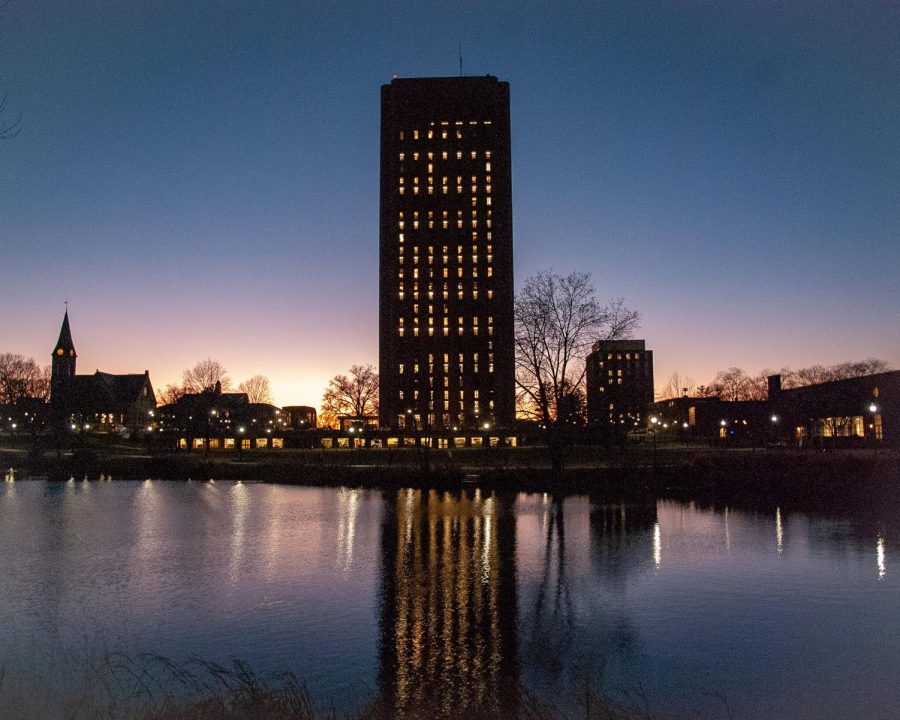The Princeton Review recognized the University of Massachusetts on its 2021 Guide to Green Colleges, which lists “schools with exemplary commitments to the environment and sustainability.” UMass has been recognized on the Guide to Green Colleges list for six consecutive years.
“The University of Massachusetts Amherst continues to be among the nation’s most environmentally responsible higher educational institutions,” UMass spokesperson Ed Blaguszewski said in a press release from UMass News and Media Relations.
The Princeton Review released the list on Oct. 20, recognizing 416 colleges out of the 695 total schools which were surveyed. The colleges’ rankings were based on their respective “institutions’ sustainability-related policies, practices, and programs” during the years of 2019 to 2020, according to the Princeton Review’s website.
“We are especially pleased to recommend these colleges during Campus Sustainability Month, the international celebration of sustainability in higher education,” said the Princeton Review’s Editor-in-Chief Rob Franek on the education services company’s website.
“With robust offerings in environmental studies and initiatives that range from solar-powered residence halls to tray-less dining halls, these schools demonstrate their commitment to sustainability in a range of innovative ways,” Franek said. “We recommend them highly to all students seeking to learn and live at a green college.”
UMass continues to add to its history of sustainable achievements and recognitions. Most recently, the Association for the Advancement of Sustainability in Higher Education (AASHE) rated UMass a STARS Gold University as of March 6, and the American Institute of Architecture’s (AIA) Committee on the Environment (COTE) designated the UMass John W. Olver Design Building as the winner of the COTE Top Ten Awards in May 2020.
The University has also introduced numerous sustainable and environmentally friendly programs and practices throughout campus, such as the establishment of the School of Earth and Sustainability in 2016, the partnering with the ValleyBike Share Program and its composting program, which composts over 1,500 tons of food waste each year.
McKenna Premus can be reached at [email protected]. Follow her on Twitter @mckenna_premus.




















